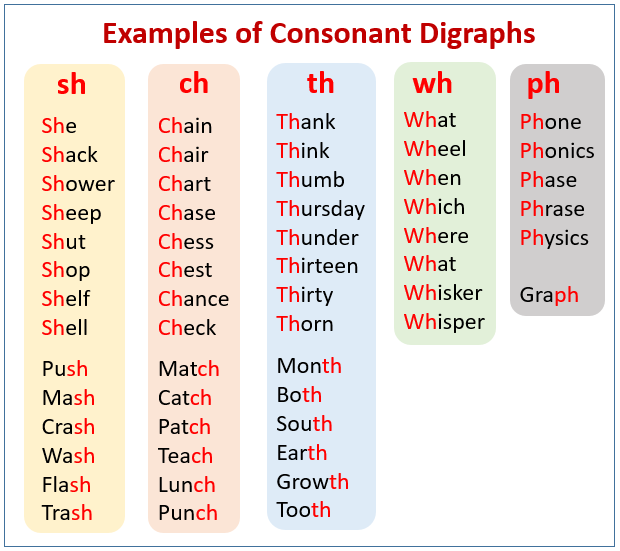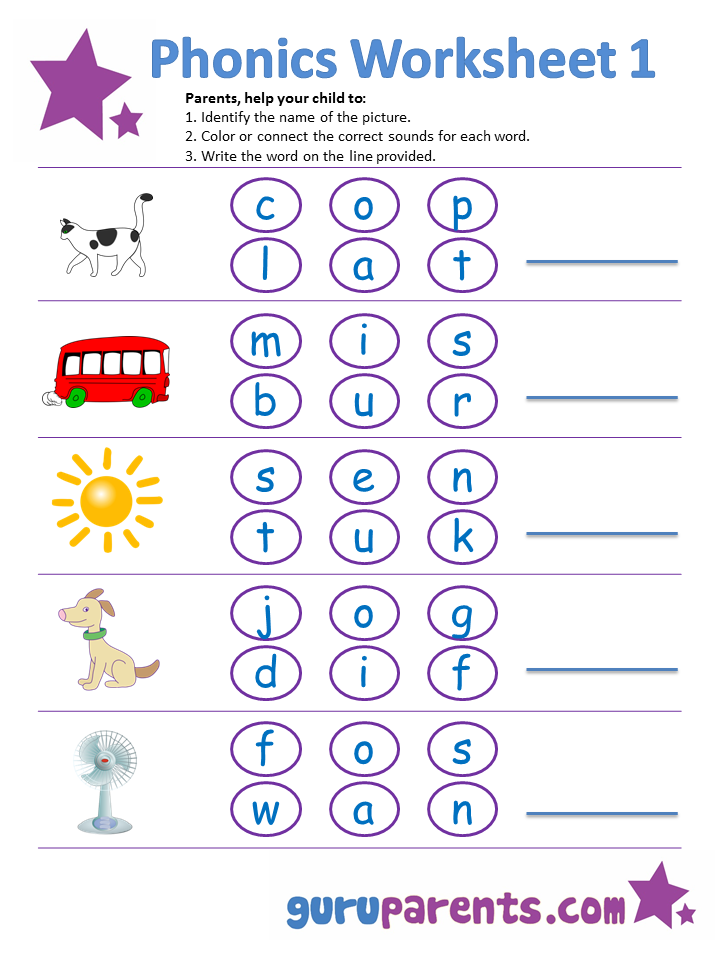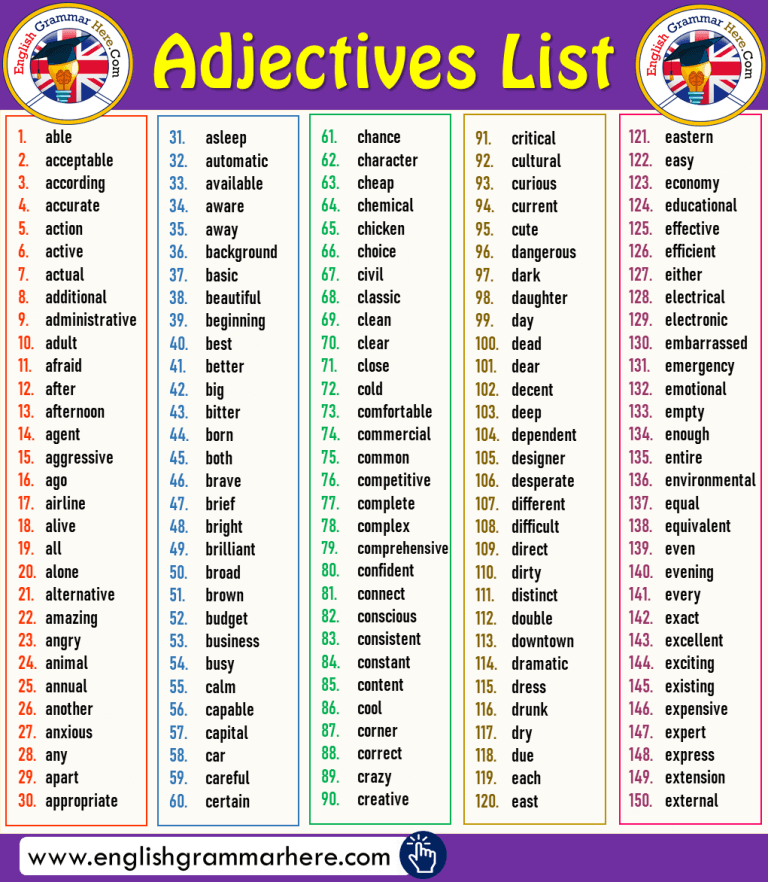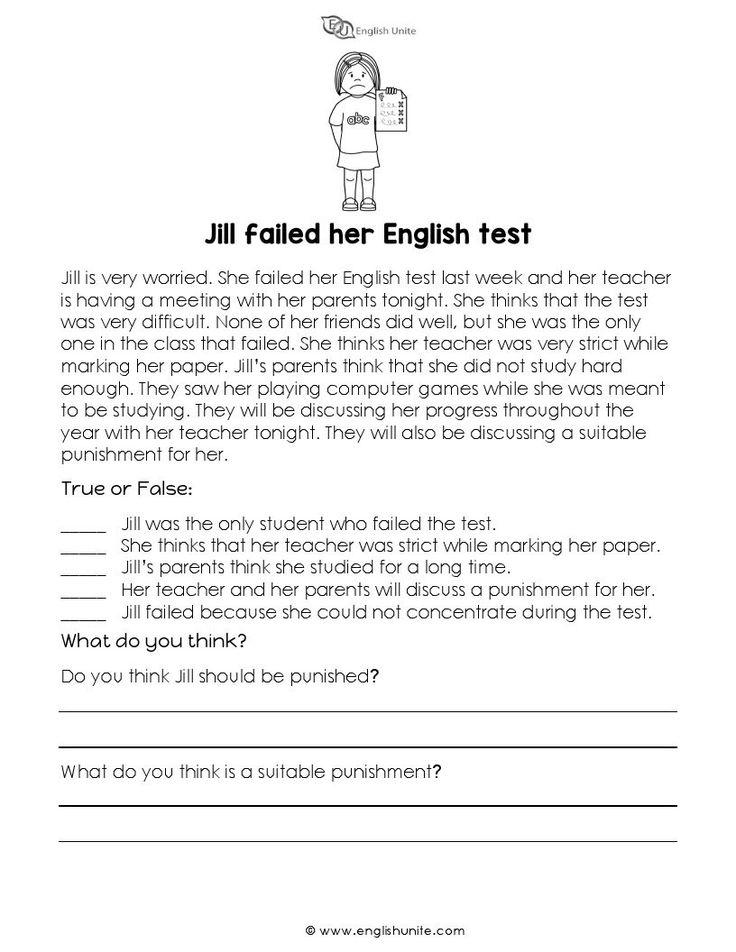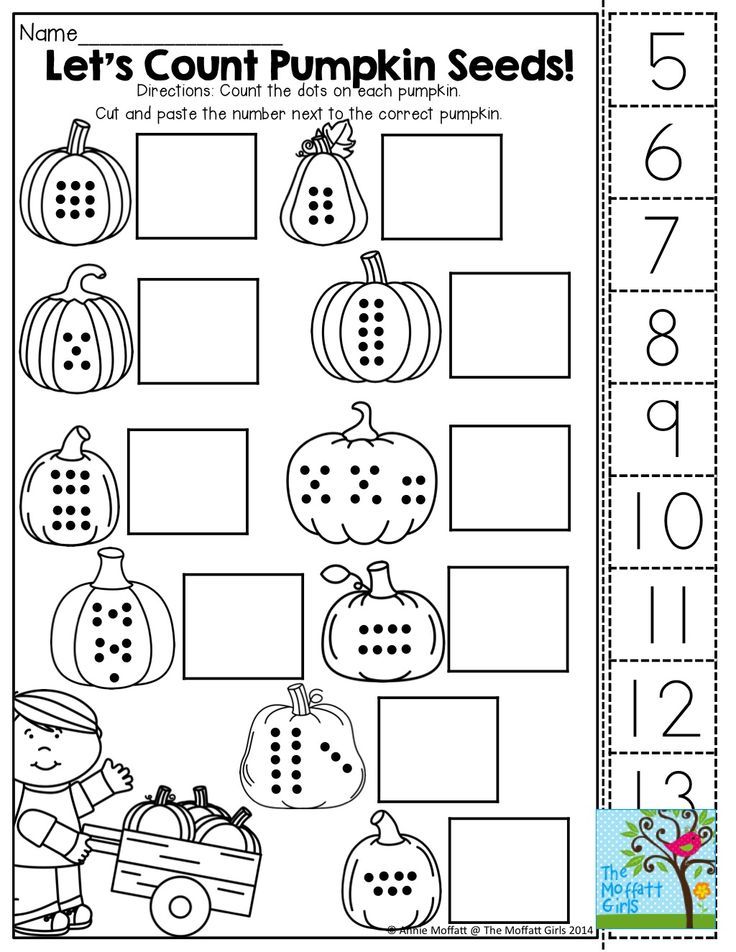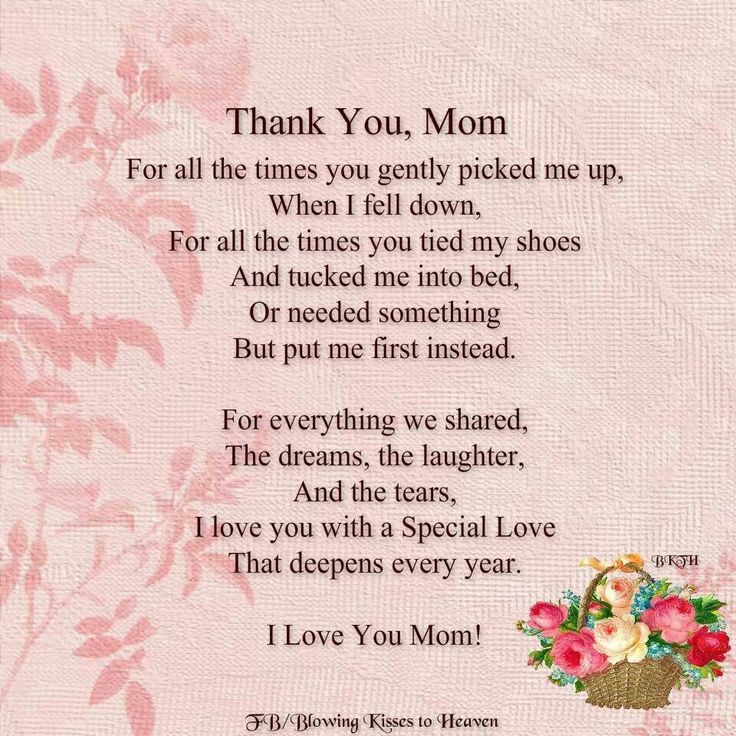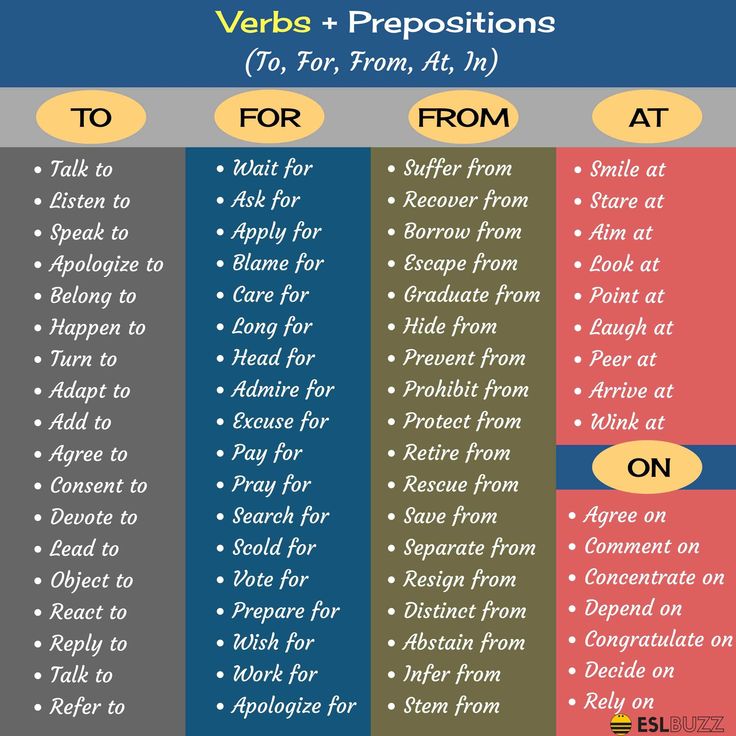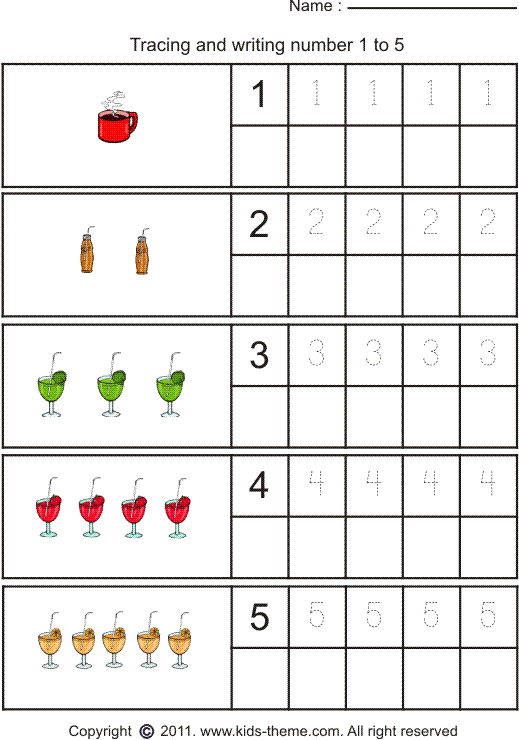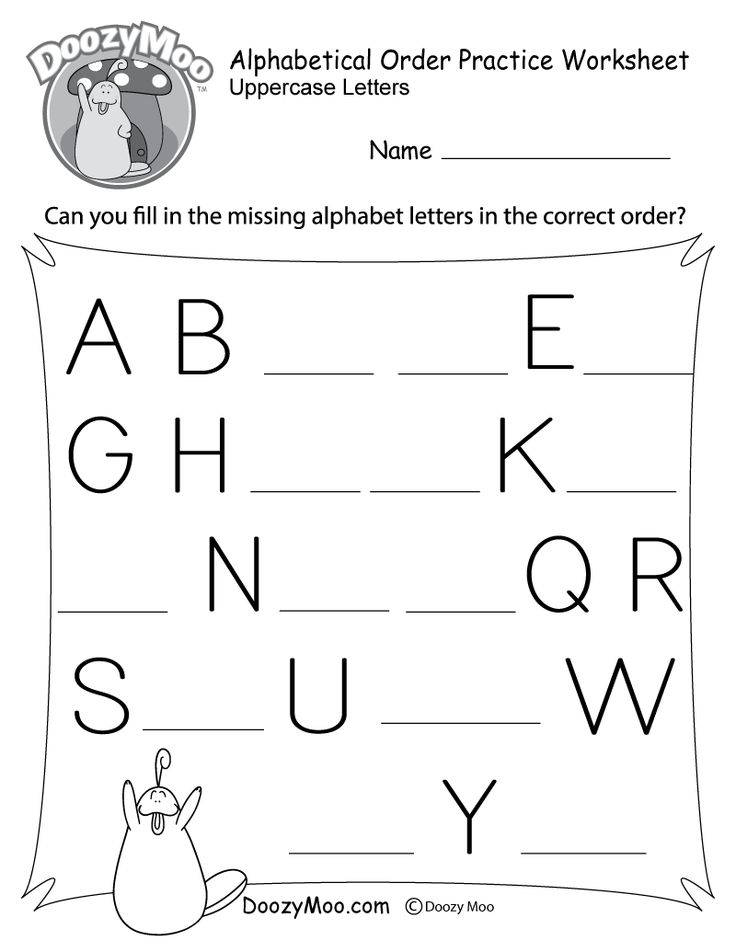Compound words with some
Compound nouns with Some, Any and No
The words 'some', 'any' and 'no' are often combined with the words 'body', 'one', 'where' and 'thing' to form the a series of commonly-used compound nouns including 'something, nothing, anything' which are used to refer to unidentified singular or plural nouns.
Some, any, none...
The words 'some', 'any' and 'no' are often combined with the words 'body', 'one', 'where' and 'thing' to form the following series of commonly-used compound nouns:
Somebody, Someone, Somewhere, Something, Anybody, Anyone, Anywhere, Anything, Nobody, No one / No-one, Nowhere, Nothing
Some.....
Somebody, Someone, Somewhere, Something
The compound nouns Somebody, Someone, Something and Somewhere are used in positive sentences. They can also be used in questions to offer or ask for a thing, or when we expect a positive response.
Somebody and Someone refer to a single unknown or unspecified person
something refers to a single unknown or unspecified thing
Somewhere refers to a single unknown or unspecified place.
These forms can be used as subjects or objects in positive sentences, but are normally used only as objects in questions.
I saw somebody outside the office.
Somebody was already waiting outside the shop when I arrived.
I need something to eat.
Something just fell on the floor in the kitchen. Go and see what it was.
I'm afraid Paul isn't here at the moment. He's gone out somewhere.
Sorry, did you say something?
Do you want something to eat?
Any.....
Anybody, Anyone, Anywhere, Anything
The compound nouns Anybody, Anyone, Anything and Anywhere are generally used in negative sentences and questions as objects, but are only used as subjects in positive sentences.
Anybody, anyone, anywhere and anything refer to one of many people, places or things.
Was there anybody waiting when you arrived at the shop?
Would you like anything to eat? (Compared with 'something' this suggests I'm not certain you will say yes)
Is there anybody here who speaks English?
There wasn't anything on TV last night so I went to bed early.
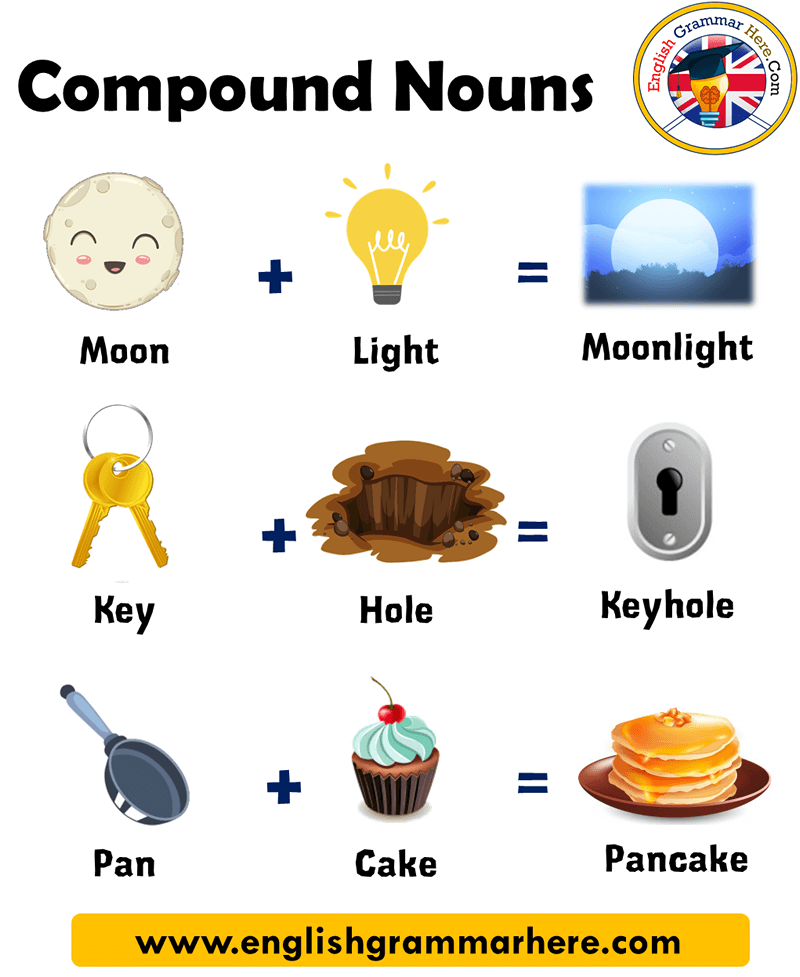
I haven't had anything to eat all day! I'm starving.
I didn't know anybody at the party.
No.....
Nobody, No-one / No one, Nowhere, Nothing
The compound nouns Nobody, No-one (which can also be written as No one), Nothing and Nowhere are used in positive sentences and in questions. The forms all refer to a zero quantity. These forms are more commonly used as subjects, but can also be used as objects.
Nobody knows who killed Kennedy, but there are lots of conspiracy theories.
There is nowhere better than London for nightlife (Or: Nowhere is better than London for nightlife.)
I don't know who rang the bell. I looked outside but there was nobody there.
I received a strange letter this morning. When I opened the envelope there was nothing inside it!
I'm afraid we have run out of money. There is nothing we can do except close the business down.
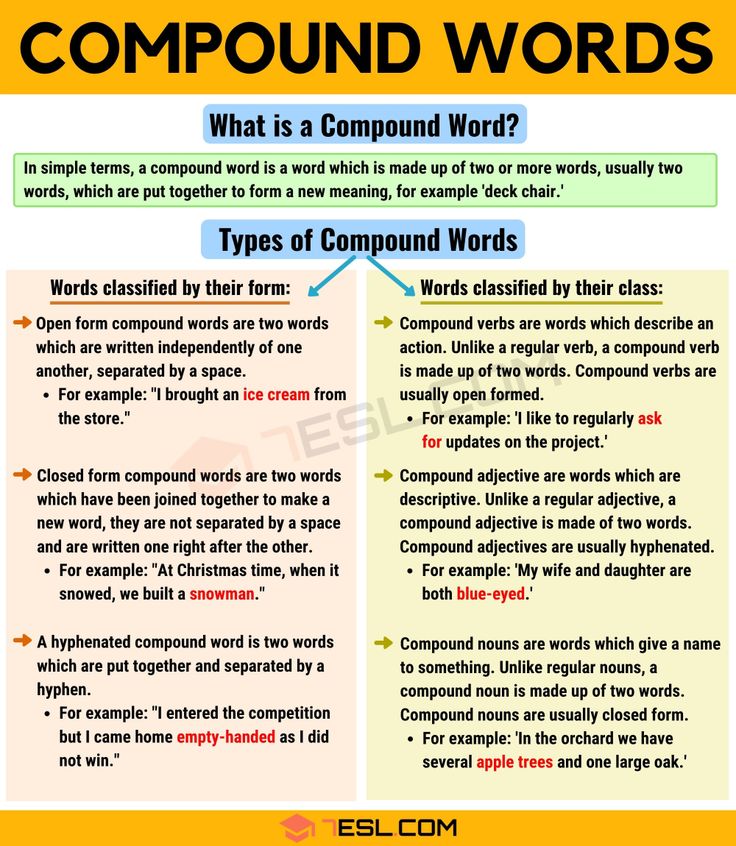
Example of use...
Tourists should always be careful with their money and bags in the city centre. When you visit a cafe, always place your bags where you can see them, otherwise it is possible that somebody will steal them. Obviously, if you leave your bags unattended whilst you pay for your drinks, or go the the toilets, anybody could steal them. Nowhere is completely safe, not even expensive restaurants.
|
Log in! Click here to log in New account 4 million accounts created! JOIN our free club and learn English now! Choose RadioBBC (UK)VOA (US) Get a free English lesson every week! Partners: | Learn English > English lessons and exercises > English test #31331: Compound words with some,any. Hello there !
Somebody/someone came in the garden.
Something smells nice here !
Your book is somewhere on the shelf.
There is nobody here.
Somebody else = some other person Nowhere else = no other place
Everybody loves chocolate
Everybody can come and have their present.
Everybody loves chocolate, don't they ? Twitter Share Please log in to save your progress. 1. I can't find my glasses somewhereanywhereI don't know. Did you take them? 2. No, I didn't take your glasses, no-one elsesomeone elseI don't know must have taken them. 3. There is anythingsomethingI don't know in the tree. Do you know what it is? 4. Once again, somebodyeverybodyI don't know has parked in my parking space ! 5. Everybody is coming tonight, aren't theyisn't itisn't everybodyI don't know? 6. Don't worry, there is anythingnothingI don't know wrong with her, she is fine now. 7. Does no-oneanyoneI don't know mind if I open the window? 8. Promise me you won't speak to anybodysomebodyI don't know. 9. Listen to me : I have somethinganythingI don't know important to tell you 10. anythingSomethingI don't know tells me that this is the very last sentence of the exercise! End of the free exercise to learn English: Compound words with some,any. |
25 words, in the spelling of which many people make mistakes
It is no coincidence that the Russian language is called quite difficult.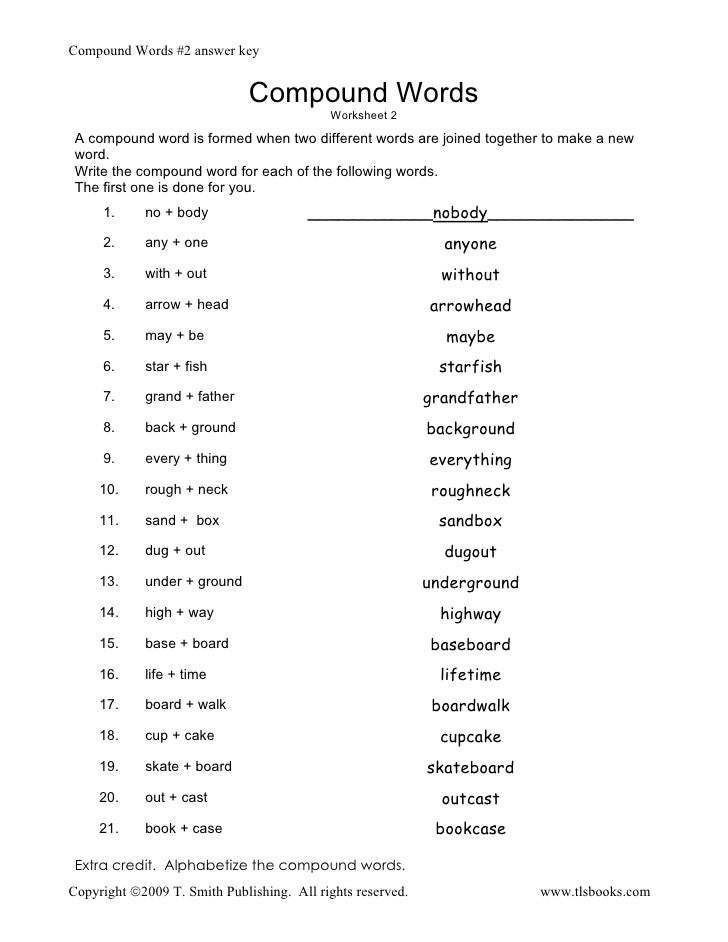 What can we say, even for us native speakers, the correct spelling of some words is an impossible task. Meanwhile, no one canceled the task of being a literate person. Let's get familiar with some really difficult words by learning their correct spelling.
What can we say, even for us native speakers, the correct spelling of some words is an impossible task. Meanwhile, no one canceled the task of being a literate person. Let's get familiar with some really difficult words by learning their correct spelling.
| Apple in Telegram and YouTube. Subscribe! |
♥ BY TOPIC: Yanni or Lorl? It's incredible, but people hear this word in different ways. What do you hear?
Traffic or traffic
The word itself is of English origin. There traffic means "movement" or "transport" and is written just with a double vowel in the middle. But it often happens that when borrowing similar words from another language into Russian, the paired letter is lost. It is this picture that can be observed with "traffic". In the middle of the word there was only one letter "f".
♥ BY TOPIC: How the word Spam came about: an amazing story about the origin of the term.
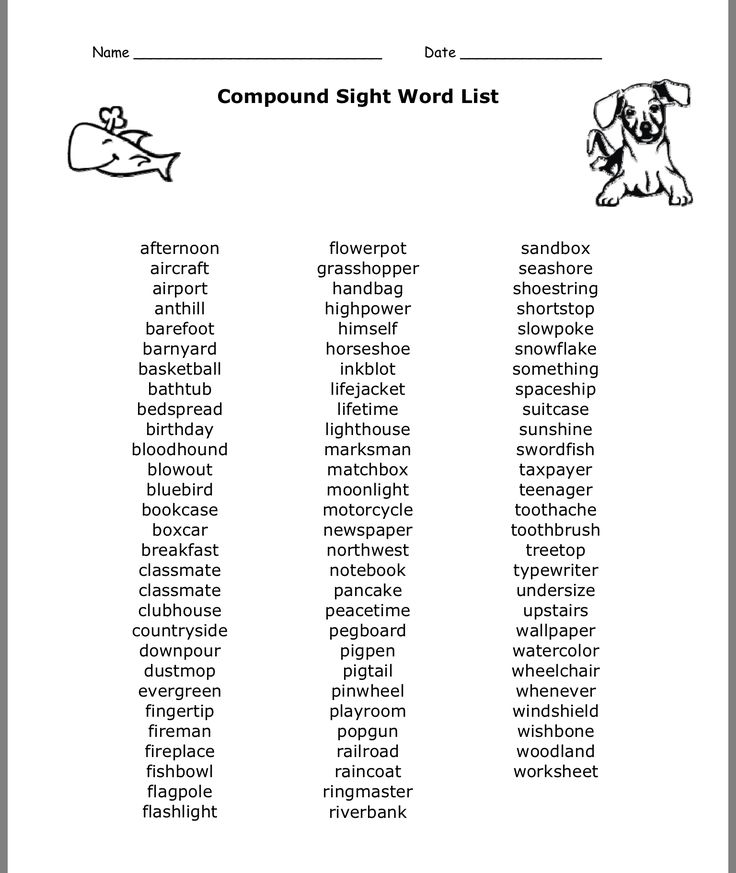
Future or future
Pronouncing this word, you just want to stretch it out at the expense of the letter “u”. Yes, and the word "next" seems to be a direct analogue and proof of the correct placement of "u" in the word. In fact, it is easy to single out the root "bud" and the suffix "usch" in it. There is nowhere for the extra letter to appear. But if the correct spelling of the word still seems difficult, try to memorize the synonym for “coming”. Hardly anyone will raise their hand to write "the coming".
♥ RELATED: How to stress words on iPhone, Android, Windows and Mac.
Offline or offline
This word, like similar outwardly similar "offside" and "offshore", also lost a double consonant when migrating to our language from English. As we have already said, such a picture is quite common for borrowing. Interestingly, confusion arises both with the spelling of the word with a double f - "offline" (this can still be explained by comparison with the original English word), and with the use of a hyphen - offline.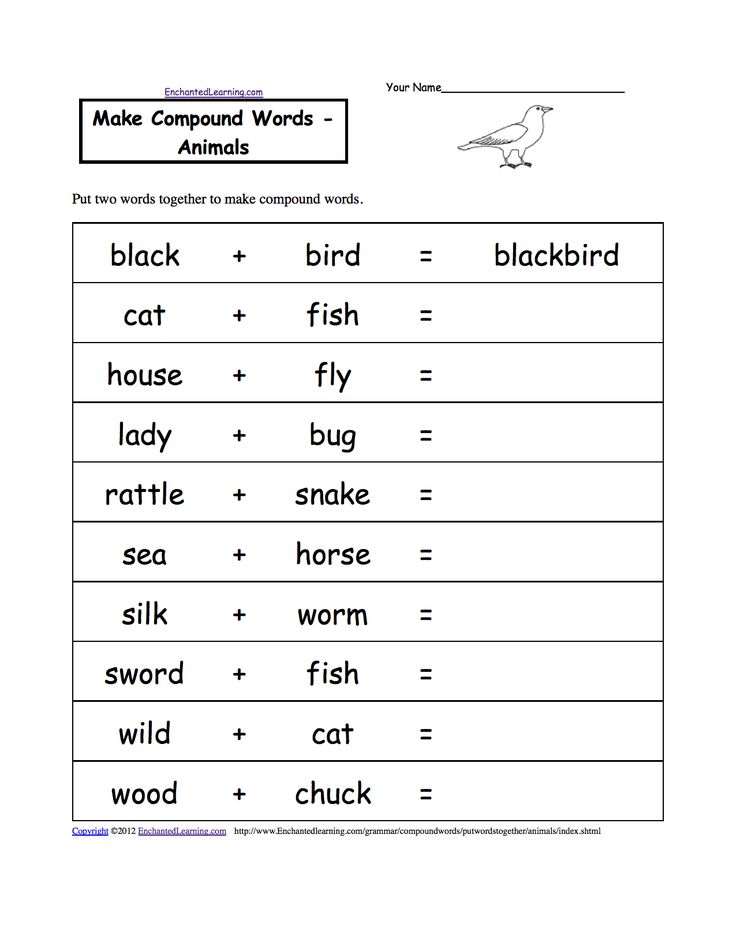 But this is already extremely strange, because in this form it is not used even in English.
But this is already extremely strange, because in this form it is not used even in English.
♥ BY TOPIC: How to put stress in the plural of some words: 30 common options.
Rinse or rinse
Oddly enough, some people use this word in the form of "rinse". Such illiteracy is permissible except in dealing with a washing machine. If you want to seem like a cultured person, then use the word "rinse".
♥ BY TOPIC: 200 well-accented words where you may be making mistakes.
Producer or Producer
This word has recently entered our language. Since then, many producers have divorced, but many do not understand how to write this word. An extra "s" in the middle of the word is put by analogy with "director". In fact, even in English, where the word came from, producer is written without doubled consonants.
♥ BY TOPIC: What are bottom barrels, why chicken legs and not chicken legs, and what a bast hut is made of: words from fairy tales, the origin of which you might not know.

Come or come
This word has repeatedly changed its form of use. If you look into old directories, you can even find options such as “come” and “come”. The obvious analogy with the word go is also confusing. But modern dictionaries give an unambiguous interpretation - you need to write correctly “come”.
♥ BY TOPIC: How to pronounce Xiaomi in Russian correctly and what this word means.
Grapefruit or grapefruit
The very appearance of this fruit literally requires the full mention of "fruit" in the word. But it must be pronounced in exactly the same way as in the language from which it was borrowed. Exact Russification did not happen, otherwise the word would have sounded quite strange - grapefruit.
♥ RELATED: 8 words that successful people don't use.
Blogger or blogger
The newfangled profession is very popular among young people today. But many can't even spell who they are correctly. In fact, there is a rule for foreign words with a dubious double consonant. If you can find a single-root word, then you need to use only one letter, abandoning the desired doubling of it. A blogger, on the other hand, maintains a blog, so there should not be any extra consonants in this word!
But many can't even spell who they are correctly. In fact, there is a rule for foreign words with a dubious double consonant. If you can find a single-root word, then you need to use only one letter, abandoning the desired doubling of it. A blogger, on the other hand, maintains a blog, so there should not be any extra consonants in this word!
♥ BY TOPIC: How to write any link using emoji emoticons.
Hardly or hardly
Hardly everyone knows exactly how to write this bunch of words correctly. In Fasmer's etymological dictionary, you can find out that the immutable particle "hardly" originates from the word "row", which acts as a test. The particle “li” in Russian is always written separately, so the words are quite unambiguously separated by a space.
♥ BY TOPIC: “Tsya” or “tsya”: a rule that will allow you to avoid mistakes in spelling verbs.
Imagination or vybrazhulya
This word is clearly not literary, so it is absent in most dictionaries.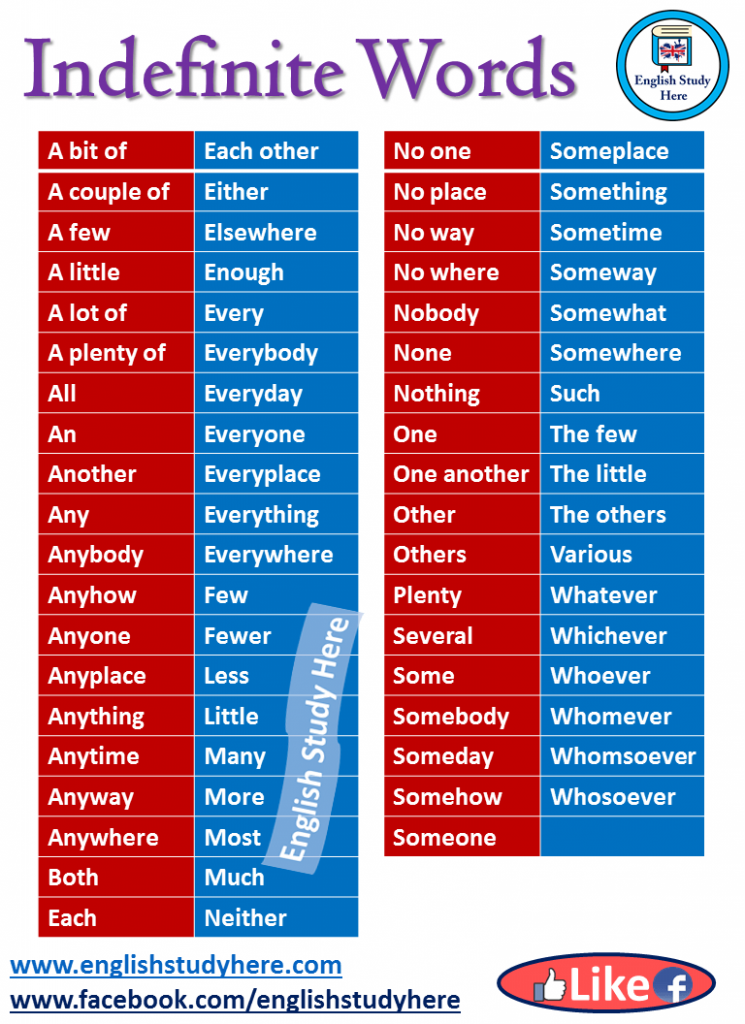 But the bright semantic connotation of “imagination” clearly carries it, it seems appropriate to use it in a conversation. But the use of the word in the form of "vybrazhulya" can scare not only linguists. In fact, the test word is obvious - "imagination".
But the bright semantic connotation of “imagination” clearly carries it, it seems appropriate to use it in a conversation. But the use of the word in the form of "vybrazhulya" can scare not only linguists. In fact, the test word is obvious - "imagination".
♥ BY TOPIC: What is a placebo, how does it work, and is there really an effect?
Ice cream or ice cream
Our most favorite word from childhood… If it refers to the very delicacy of frozen milk or cream, then you need to use one letter “n”. "Ice cream" came from an imperfective verb, in such a situation doubling of consonants does not occur.
♥ BY TOPIC: 500, 1000, 5000 and 100,000 dollars are the largest and rarest denominations of the American currency.
Cappuccino or cappuccino
This is a word of Italian origin where it looks like cappuccino. Well, there the famous coffee with milk foam has two double consonants. But in Russian the word was simplified - there are no doublings at all. So, having met the mysterious “cappuccino” or “cappuccino” on the menu, you may be bewildered to ask - what kind of drink are we talking about?
♥ BY TOPIC: What size meteorite is capable of destroying humanity.
Mosaic or mosaic
Another word we remember from childhood. But, whether it is tightly packed pieces of glass or a puzzle, there should be no hares inside and the letter “y” should not be.
♥ RELATED: 30 most famous fake photos you could believe.
Handwriting or underlining
It makes you want to insert the letter “d” into this word, it seems to be asking for it here. In fact, it is necessary to show the will - there is no place for superfluous in the "handwriting"! When using handwriting text, we obviously aim not to underline anything, but simply to underline.
♥ BY TOPIC: Holland and the Netherlands: what is the difference and what is the correct name?
Bulletin or Bulletin
This word is quite insidious - if the usually doubled consonant disappears when borrowed, then in this case this did not happen. It must be remembered that the word itself comes from the Latin "bulla", meaning "seal" or "ball".
♥ BY TOPIC: Most Viewed Videos on YouTube: TOP 25 most viewed videos on YouTube of all time.
Legitimacy or legitimacy
There are many spellings of this difficult word. Don't try to trust your intuition, just remember the correct form.
♥ BY TOPIC: The deepest pits in the world.
Realtor or Realtor
No matter how familiar the word may seem, it will be easy to make a mistake with it. Even popular text editors do not give unambiguous advice when checking. The authoritative "Russian Guild of Realtors" insists on the use of the letter "e", and in the dictionaries there was no consensus. One can only choose the most authoritative reference book - the Russian Spelling Dictionary of the Russian Academy of Sciences, edited by Lopatin. It uses the "realtor" form, which we recommend using.
♥ BY TOPIC: Why are there letters on the iPhone dialer buttons?
Registration or registration
For the correct spelling of an unstressed vowel, you just need to carefully choose a test word. It is simple - register. It immediately becomes clear how not to make a mistake when writing this word.
♥ RELATED: How to properly end emails to get a better chance of a positive response.
Gynecologist or genecologist
A gynecologist has little relation to the word “gene”, but the Greek “gyneka” (woman) underlies the name of the medical specialty.
♥ BY TOPIC: What do billionaires read? 10 favorite books of leaders of world corporations.
Guest worker or guest worker
To understand and remember the spelling of this word, it is necessary to analyze its German ancestor. The word gastarbeiter has two parts. One is gast meaning "guest" and the other is arbeiter meaning worker.
♥ BY TOPIC: Gross and net: what is it and how do they differ?
Colander or colander
Such a popular word in our country actually also has a German origin. There is a colander in the kitchen of every housewife, but not everyone knows its correct spelling. The German word durchschlagen is also a compound word - durch means "through" or "through", and schlagen literally means "to hit". Even if the history of the correct addition of parts of the word into one whole does not help, try using associations. A word consonant with a simple Russian swear word is spelled similarly.
♥ RELATED: 50 examples of bad design.
Calories or calories
This word came into our language from French. There it is written as calorie. Actually, the word has not undergone any changes, so there is simply nowhere for the doubled consonants to come from.
♥ BY TOPIC: Who has the most followers on Instagram - the 35 most popular accounts.
Vinaigrette or vinaigrette
The name of the famous lettuce is also of French origin. The word vinaigre originally means "vinegar", but it is based on the simpler vin - wine. Knowing this will allow you to correctly use the first vowel in the name of a mixture of vegetables. And about the second vowel, you just need to remember that it does not coincide with the first. Thus, the spelling of the word vinaigrette no longer seems difficult. You just need to remember that vinaigrette has a distant relationship with wine.
♥ BY TOPIC: There are 16 circles in this picture, can you see them?
Shopping or shopping
Again, the primary source brings confusion - in English shopping is used with a double consonant. It seems natural to use this variant in Russian as well. But you should restrain yourself from such an impulse and try again to find words with the same root. It can be a shopping tour or a shopaholic. They clearly use one letter "p", which means that it is impossible to double it in "shopping".
♥ BY TOPIC: What can you do with an old monitor? 12 ideas.
Terrorist act or act of terrorism
This word is clearly a compound, based on the phrase "act of terrorism". But one cannot trust the natural desire to use a double consonant. The rules for the formation of such abbreviations clearly state that only one of the two vowels should be used. That is why the word "terrorist attack" is spelled that way.
See also:
- 70 interesting facts about IT technologies that you might not know about.
- Cosmic speeds - how fast do you need to fly to leave the Earth, the planetary system and the galaxy?
- Best Thrillers: List of the best 35 films with descriptions, trailers and links.
How useful is the publication?
Click on a star to rate!
Average rating / 5. Number of ratings:
No ratings yet. Rate first.
Tags: ifaq.
§ 41. Compound words without a connecting vowel - IX. Spelling of compound words
1. Compound words with connecting vowels and compound words without a connecting vowel should be distinguished. Compare: psycho o therapy (psych + therapy) - psychasthenia (psych + asthenia).
2. In some compound words, the first part is a word in its initial form, for example: time calculus, time transmission: seed share, seed leg, seed kidney 90:395 (cf. seed o vodstvo, seed o storage - with a connecting vowel).
3. Without a connecting vowel, terms like nitrogen-containing , forward looking etc.
4. The letter A is preserved at the end of the component - Avia- (reduction from aviation), which forms the first part of complex words like AVI BAZ, AVI AVI PASANT, AVI AVA mail, avi a part etc.
5. With a case ending in the first part, words arising from word combinations are formed sum gone, crazy deprived and the like.
6. In the form of the genitive without a connecting vowel, numerals are included in compound words, for example: three-meter, five-time, seven-year-old. The exceptions are the numerals one, ninety, one hundred and thousand, for example: one year, ninety years, hundredfold, thousandmouth. The numeral forty in compound words is used in two forms: without a connecting vowel ( forty-day ) and with a connecting vowel ( forty , 3 centipede in a direct sense).
7. It is necessary to distinguish between compound words and words in which two stems are not distinguished in Russian. Compare: gas pipeline - gasification, electrician - electrification, where in the first words of these pairs two roots and a connecting vowel are distinguished, and in the second - one root. Wed also compound words with a connecting vowel o - agricultural technology, agriculture, agrominimum and a completely borrowed obsolete word agriculture - from lat. agriculture - field cultivation, agriculture.
Note 1. On a common basis, foreign prefixes are written together anti-, archi-, hyper-, inter-, infra-, counter-, post-, sub-, super-, trans-, ultra-, extra- etc., for example: anti folk (but: Anti- Dühring - in the function of its own name), archi rogue, hyperinflation, international, infra red, counter sentence (but: rear admiral has a different meaning), post impressionism (with the preservation of the initial root and ), post modernism (cf. the continuous spelling of the same prefix in words of foreign origin indivisible into morphemes: post scriptum, post factum ), etc. super cover (but: super EVM - before capital letter), sub tropical, trans Siberian, 90 ordinary390 ultra extra sound, extra0395 (but: extra- class - before the noun).

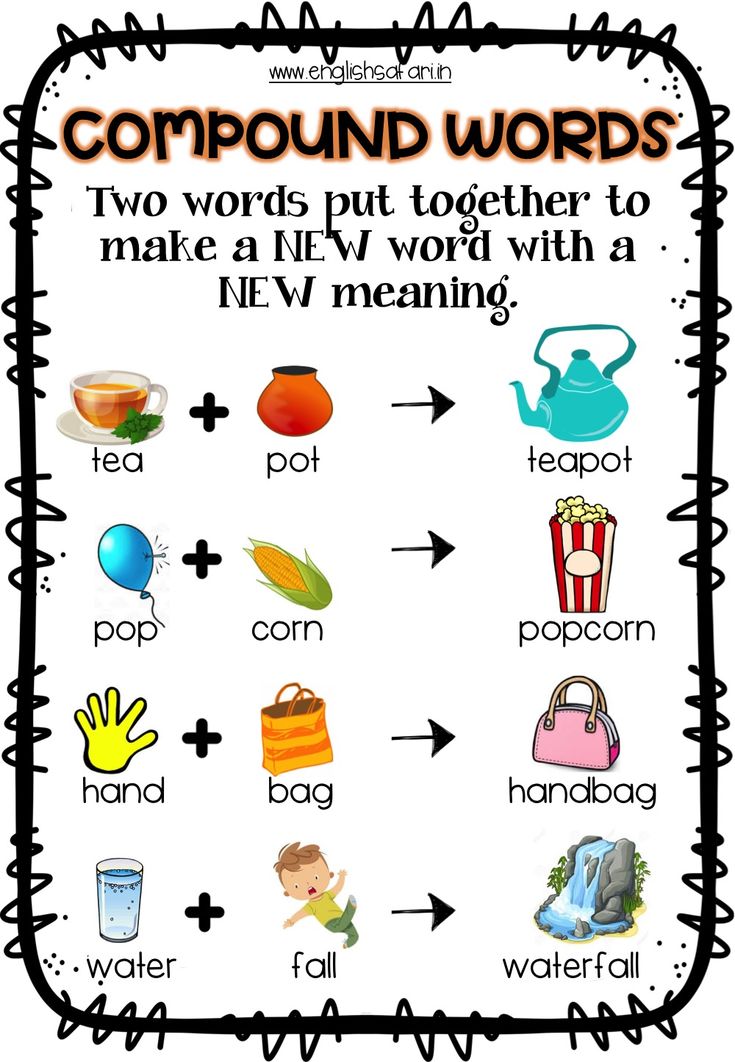 ..
..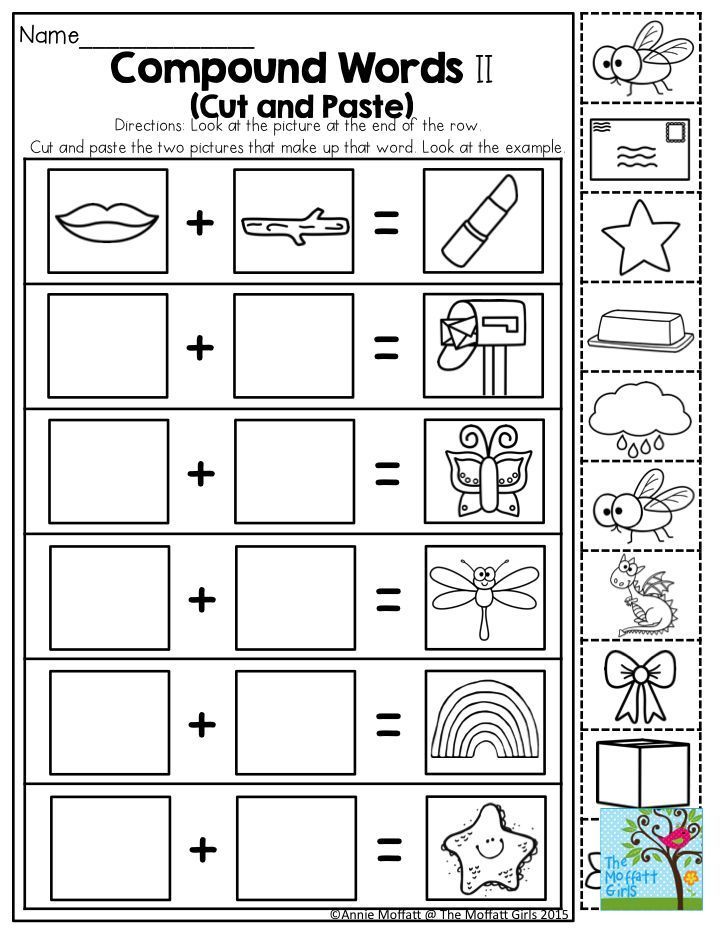
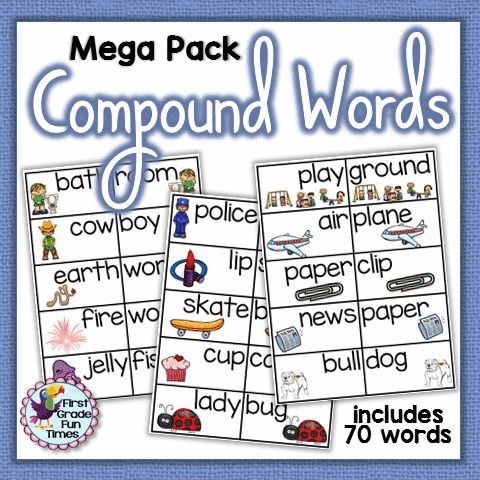 .." created by woodyrun with The test builder. [More lessons & exercises from woodyrun]
.." created by woodyrun with The test builder. [More lessons & exercises from woodyrun] ..
..
